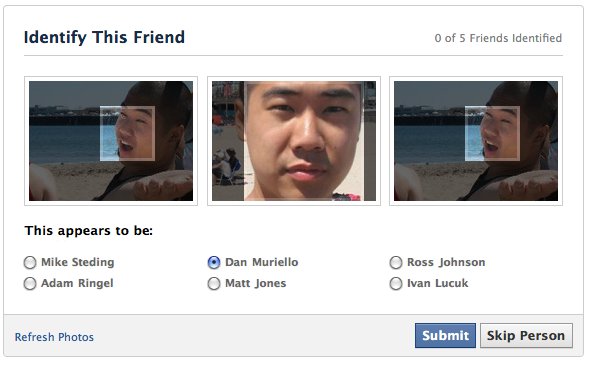Logging Into Facebook Is Now Secure
 Facebook has just announced two additional levels of security that should compliment their remote logout feature (which they launched in September of 2010).
Facebook has just announced two additional levels of security that should compliment their remote logout feature (which they launched in September of 2010).
Starting today we’ll provide you with the ability to experience Facebook entirely over HTTPS. You should consider enabling this option if you frequently use Facebook from public Internet access points found at coffee shops, airports, libraries or schools. The option will exist as part of our advanced security features, which you can find in the “Account Security” section of the Account Settings page. (Official Facebook Blog)
While activating the HTTPS feature does have its advantages (especially for those of us who frequent WiFi hotspots), Facebook did mention that enabling encrypted pages will increase loading times, so you may have to be patient when logging in.
Facebook also mentioned that many third party services apps will not work in encrypted mode, which means if you’re a Farmville addict you may want to hold off on activating this feature.
The social networking king also announced a new tool called social authentication which they use to challenge hackers attempting to log into your account from a suspicious computer.
Instead of using CAPTCHA’s (which every geek knows are useless), they instead use something much more clever.
Instead of showing you a traditional captcha on Facebook, one of the ways we may help verify your identity is through social authentication. We will show you a few pictures of your friends and ask you to name the person in those photos. Hackers halfway across the world might know your password, but they don’t know who your friends are. (Official Facebook Blog)
Unless an ex-friend is attempting to hack your account, this feature should help ensure that you are the real person logging into Facebook and not someone attempting to spam your wall with various “product growth” offers.
With social networks becoming a greater priority in people’s lives, hopefully other companies (like Twitter, LinkedIn, etc.) will follow Facebook’s lead as it could help reduce the amount of spam users receive from hacked accounts.
Darnell Clayton is a geek who discovered blogging long before he heard of the word "blog" (he called them "web journals" then). When he is not tweeting, friendfeeding, or blogging about space, he enjoys running, reading and describing himself in third person.


